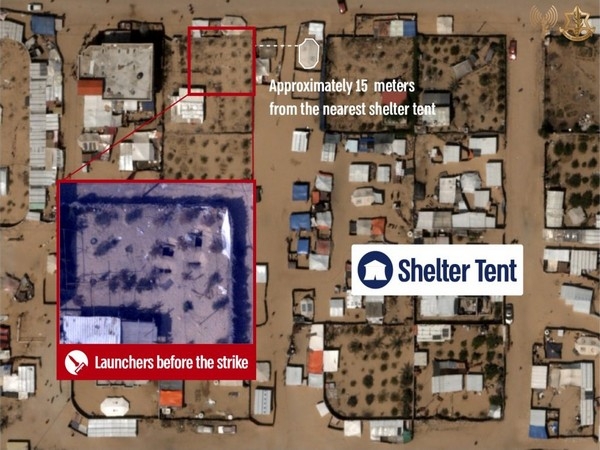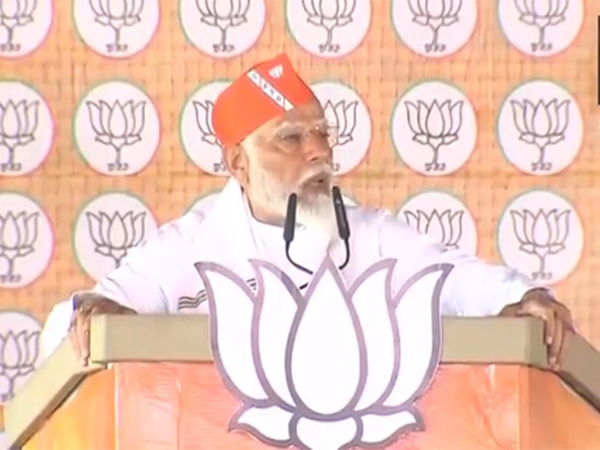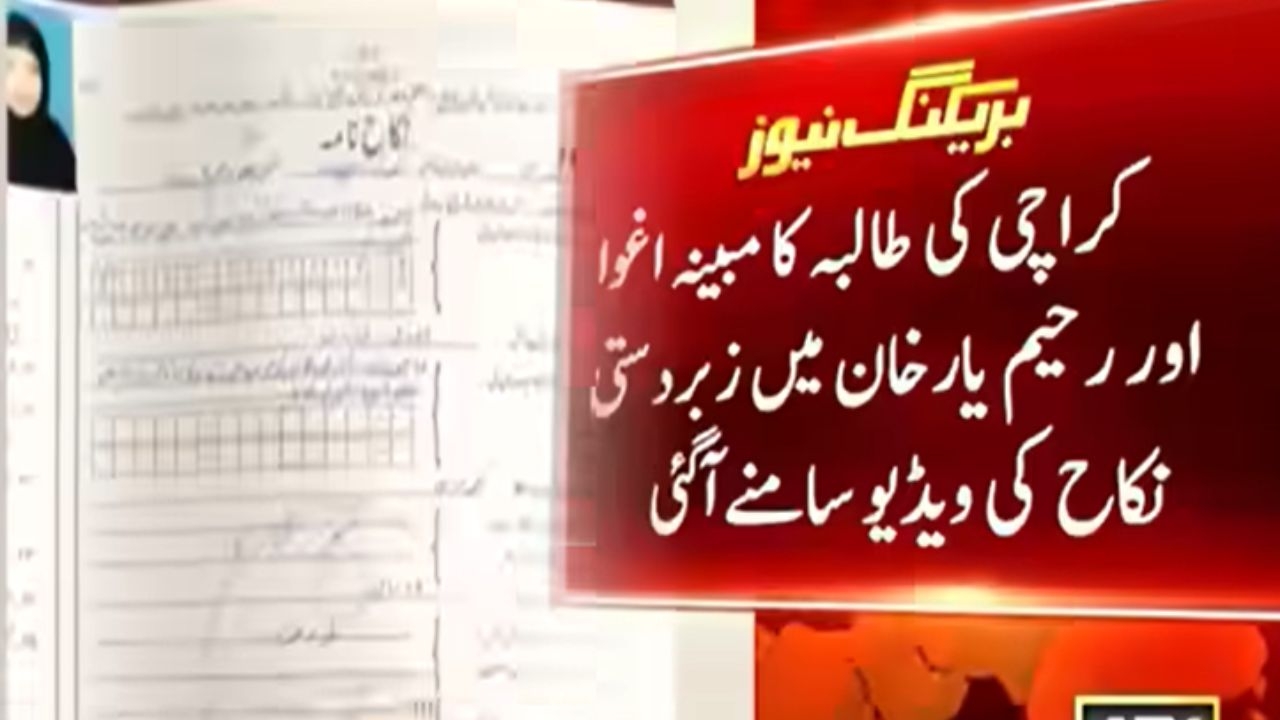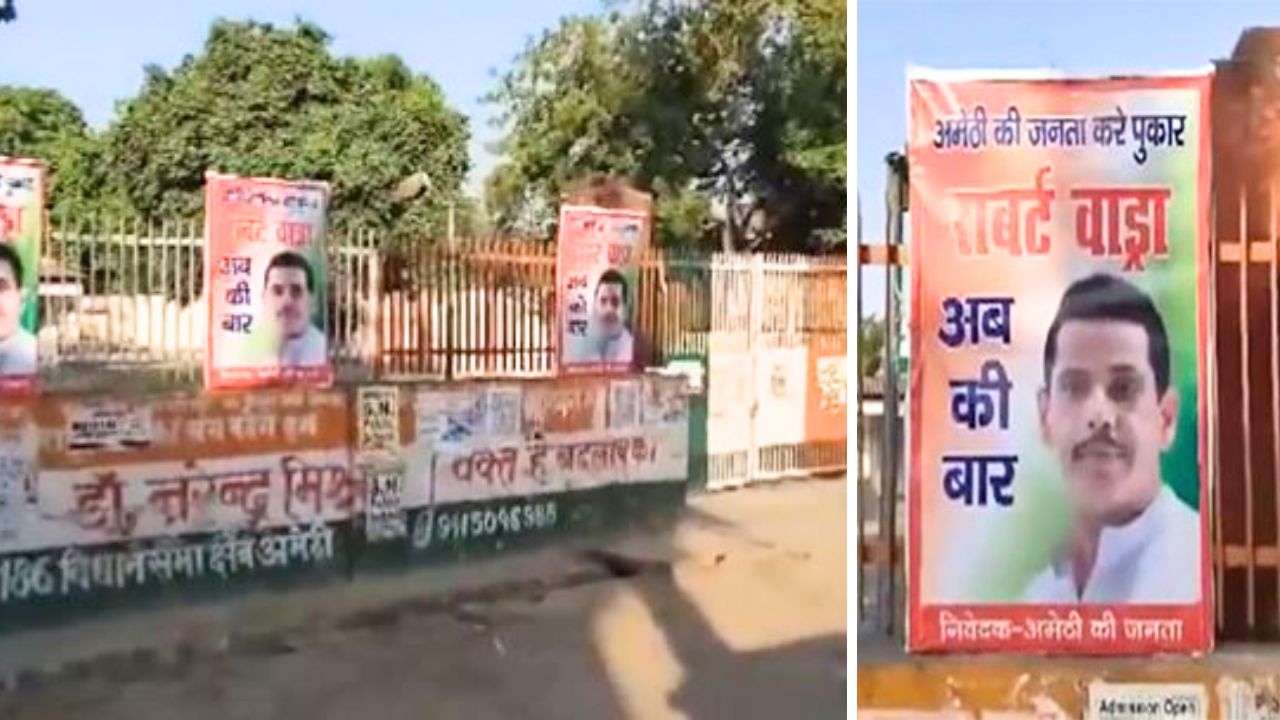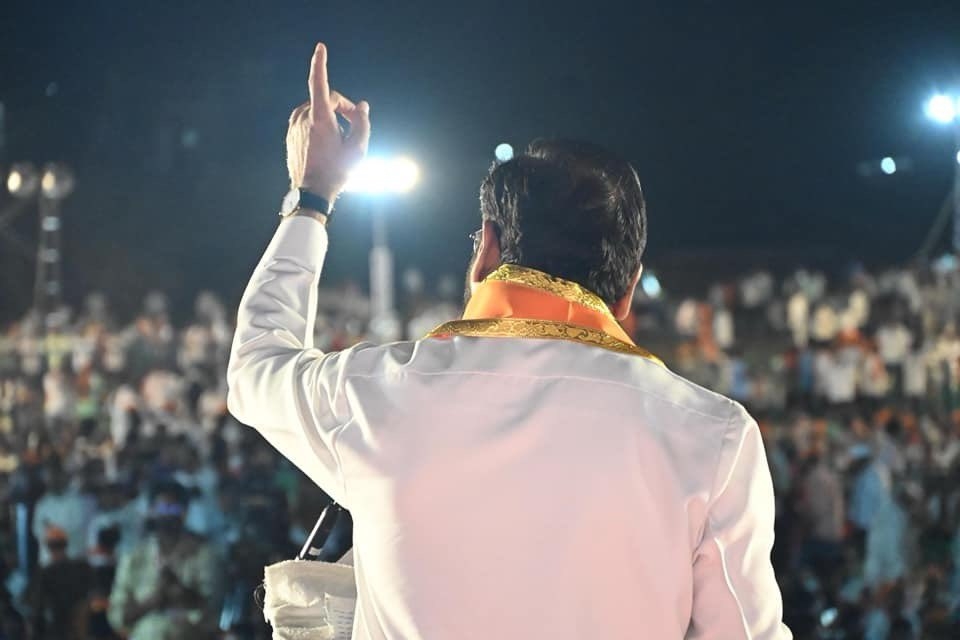#CongressSweepsRuralGujarat: BJP ends 2015 with a loss in Modi's own state

The election
- In the Gujarat civic elections, BJP has been decimated in rural areas
- Congress won 24 District Panchayats against the BJP\'s 6
The reasons
- The Patidar agitation significantly harmed the BJP
- There was a definite disconnect between urban and rural Gujarat
More in the story
- What does it mean for PM Narendra Modi?
- Why this is a huge embarrassment for CM Anandiben Patel
The Congress party has turned the tables on Prime Minister Narendra Modi where he would have expected it the least: in his home state of Gujarat. The party has scored a decisive victory in the district panchayat and taluka panchayat elections.
Just last year, the people of Gujarat had voted decisively to make Modi the Prime Minister, sending a BJP MP from each of the state's 26 Lok Sabha constituencies.
A little over 18 months later, the BJP has been decimated across rural Gujarat. Though it managed to retain 6 city municipal corporations, its victory margins came down substantially.
Also read: Gujarat civic polls: Congress strong in rural areas, BJP controls municipal corporations
During the last 12 years, when Modi held sway over Gujarat, it was said that anyone could win in his name in the state.
This has been shattered, and badly. The numbers speak for themselves.
The tally
Taluka Panchayats (Total: 230)
2015
- BJP: 67
- Congress: 134
2010
- BJP: 150
- Congress: 26
District Panchayats (Total: 31)
2015
- BJP: 6
- Congress: 24
2010
- BJP: 30
- Congress: 1
This indicates a complete reversal in rural Gujarat. Of course, the BJP managed to salvage some pride in urban centres. Besides capturing 6 municipal corporations, the party won 34 municipalities out of 56 against the Congress tally of 11.
The BJP's victory in the 6 municipal corporations - Ahmedabad, Vadodara, Surat, Rajkot, Bhavnagar, and Jamnagar - was expected, since these have been the party's pocket boroughs for long.
Also read: Patels seeking reservation shows failure of Gujarat model
Even in these the party had to suffer some losses.
For instance, the Congress put up a tough fight in the Rajkot corporation. With tally of 34, it managed to give the BJP a scare which won 38 wards in the 72-member corporation.
In 2010, the BJP had won 49 and the Congress got 10. The total strength was 59 back then.
In Ahmedabad, the BJP's tally has come down from 154 in 2010 to 142 this time.
Patidar impact
The civic elections were the first electoral test for Anandiben Patel ever since she took the reins of the state from her mentor Modi.
The elections were also seen as a referendum on the Patidar agitation, that rattled the BJP administration.
The BJP seems to have suffered a double whammy because of the agitation. On one hand, it's support among the Patidar community seems to have eroded significantly. On the other hand, the prospect of BJP appeasing the Patels seems to have turned OBCs, SCs and STs against the party.
Many say that with caste back in the centrestage of Gujarat politics, the conditions are ideal for the Congress to revive its KHAM (Kshatriya, Harijan, Adivasi, Muslim) formula, that ensured it dominance of the state in the 1980s. However, the Congress doesn't seem to have done that effectively.
Also read: Gujarat caste war: SCs, STs & OBCs close ranks to take on Patel power
That BJP was on the backfoot was evident by the fact that it wanted the elections postponed citing that the law and order situation wasn't conducive to free and fair polling.
It was the Gujarat High Court that gave the go ahead for the elections, observing that if peaceful elections could be held in strife-torn Jammu and Kashmir, why couldn't they be held in Gujarat.
This too was a strange reversal as after the 2002 riots, the Election Commission under JM Lyngdoh had said that the atmosphere in the state wasn't conducive to elections and the state government under Modi had opposed his stand.
The Mehsana debacle
Nothing exemplifies the BJP's defeat more than its performance in Mehsana district. This is truly a VIP district in the state. PM Modi, CM Patel, the state's revenue minister, finance minister, health minister and transport minister are from the district. Yet the Congress won 23 out of 31 seats in the Mehsana District Panchayat
The Congress even won in the taluka panchayats in Modi's village Vadnagar and Patel's village Visnanagar.
This could have been the direct impact of the Patidar agitation, the epicentre of which was Mehsana.
There seems to have been a clear rural-urban divide in Gujarat. According to Congress spokesperson Manish Doshi, people in rural Gujarat were able to see through the BJP's hype. He believes that the election was the result of the people's anger against the gross neglect of the state and central governments.
BJP spokesperson IK Jadeja says that the Congress ran a disinformation campaign against the government and succeeded in fomenting discontent in villages.
These losses are bound to affect the BJP especially as they come after the party's defeat in the Bihar Assembly election and the bypoll to the Ratlam-Jhabua Lok Sabha seat. 2015 seems to have been a year of electoral defeats for the BJP.
Also read: New record for BJP; Over 500 Muslim candidates in Gujarat civic polls
First published: 3 December 2015, 9:00 IST
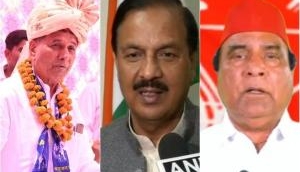
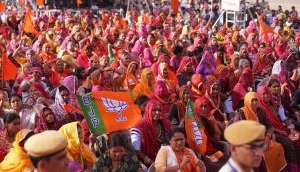

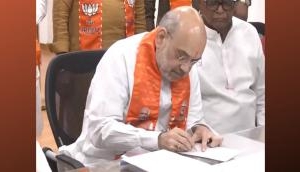
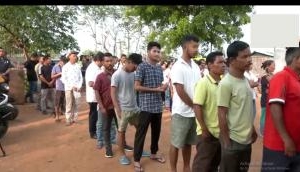
![BJP's Kapil Mishra recreates Shankar Mahadevan’s ‘Breathless’ song to highlight Delhi pollution [WATCH] BJP's Kapil Mishra recreates Shankar Mahadevan’s ‘Breathless’ song to highlight Delhi pollution [WATCH]](http://images.catchnews.com/upload/2022/11/03/kapil-mishra_240884_300x172.png)

![Anupam Kher shares pictures of his toned body on 67th birthday [MUST SEE] Anupam Kher shares pictures of his toned body on 67th birthday [MUST SEE]](http://images.catchnews.com/upload/2022/03/07/Anupam_kher_231145_300x172.jpg)


